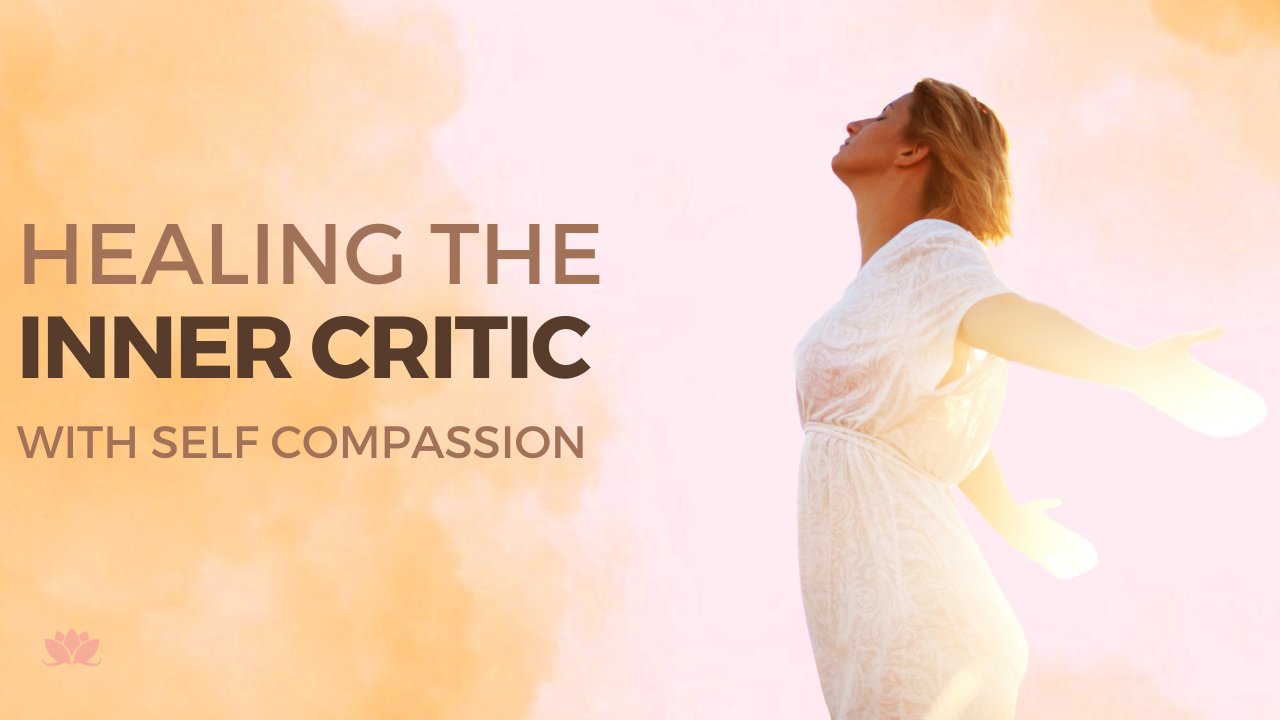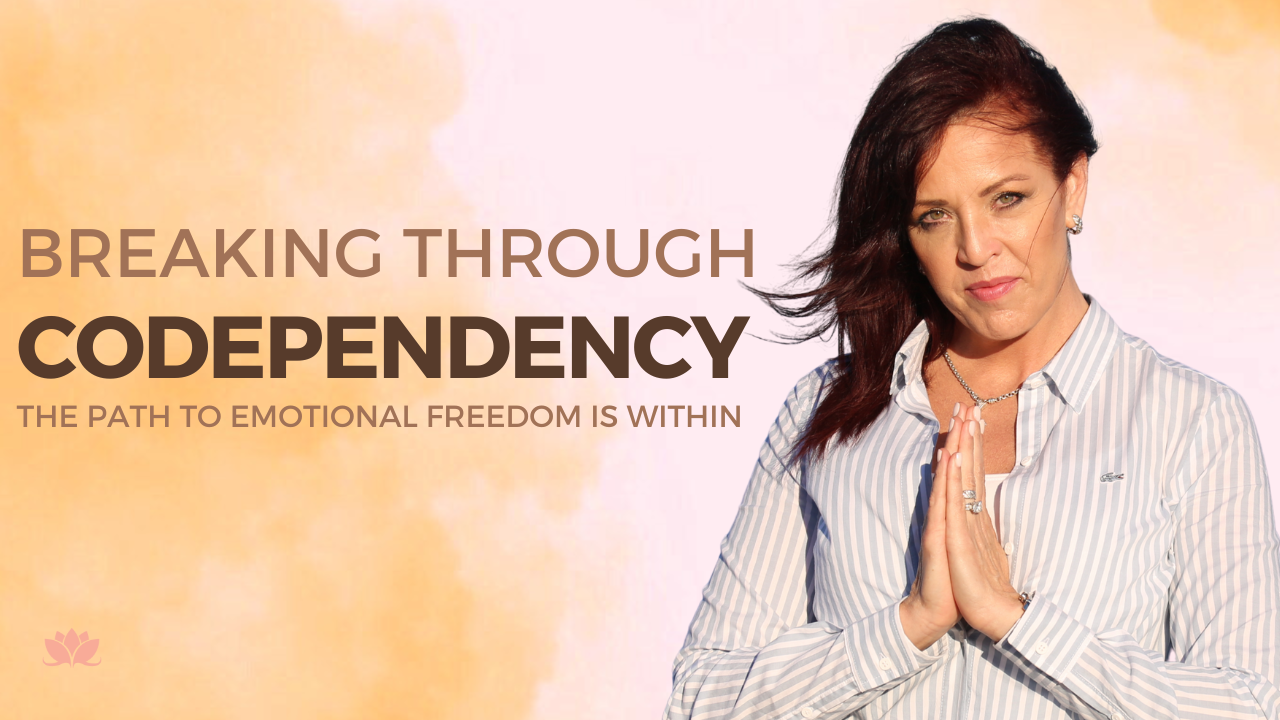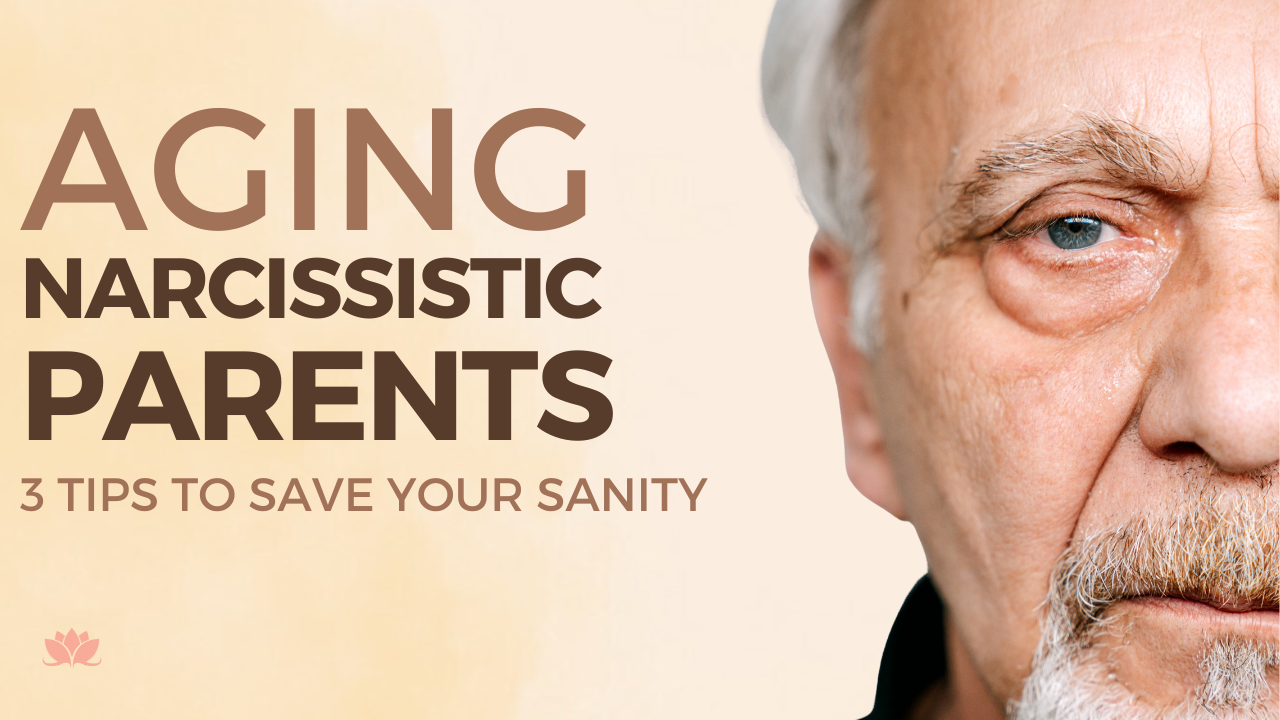Weaknesses of a Narcissist That Can Be Your Superpower
I want to shed some light on narcissism, codependency, and the dynamic between a codependent and a narcissist.


I want to shed some light on narcissism, codependency, and the dynamic between a codependent and a narcissist. I also want to focus on what we can do to heal from this dynamic and this toxic relationship.
I think it's important that those of us who are interested in this topic do everything we can to understand it, to grow from it, to learn about ourselves and to live in higher states of consciousness eventually, and to understand that the goal is always going to be:
"How do I get to the point of love? How do I get to the point of letting go? How do I, despite the past, be able to stay in my skin and deal with the invisible wounds that this relationship has left me with?" Asking yourself "how do I continue on my path of evolution without being so soured and so afraid, that I'm unable to open my heart again?".
We know that stress is the leading cause of disease. We know that fear leads to stress, and stress wreaks havoc on the immune system. We know that people who are in loving and committed relationships tend to live healthier, longer lives than those who don't. And so it seems to me that it's important that we all learn how to get along, we all learn how to heal, and we all learn to move towards this ability within us to be able to express ourselves in a healthy way without walking around on eggshells which is what narcissists end up creating in relationship dynamics.
When you love a narcissist
When you love a narcissist, you are absolutely walking around on eggshells. You are dealing with their hypersensitivity. They put you in double-bind situations. You are damned if you do, and you're damned if you don't.
They are highly sensitive to any form of exasperation by you. So the narcissist is wearing you down. The narcissist is micromanaging you. The narcissist is micro-aggressive, right? The comments about your shoes, comments about your clothes, comments about how you cook, how you raise your children, what you say, what you don't say. You feel like you have this person who is on you all the time. And you know that if you respond negatively, this person will have this super-duper reaction, and it's not going to be good. And so, you've been trained to fear a negative outcome. You've been trained to try to keep this other person happy. You've been trained to try to figure out what is going to set this person off.
You may be struggling with the trauma bond and confused because you have this intermittent to these irregular periods where the narcissist is actually 'kind of loving' and the narcissist is actually 'kind of kind' and grateful. It has these periods of amazingness that they share with you. And then it goes caput. And you go through these cycles, fearing the outcome and wishing to regain these moments where you actually were in a loving spot with the narcissist. And so, it's a challenging situation to be a part of. It's tough to peel yourself off the wall of a narcissistic relationship. It's really difficult to identify what's going on because it's so mind-bending.
Gaslighting
When you add gaslighting to the mix, and you're being told that they didn't say what you know they said when you are being lied to consistently, when your brain is being turned into mashed potatoes.
One of the main things that I hear being complained about in my groups is, "I don't know how I feel. Before I met this person, I was doing okay. I had friends. I had other relationships, and I felt pretty confident in myself, but after six months, eight months, a year, ten years, I just don't know. I am afraid to say anything." So the self-doubt is ridiculous when you've been raised by a narcissist, you love a narcissist, or you have to work with a narcissist.
So gaslighting is a big deal. Trauma bonding is a big deal. You're being conditioned. You don't know it, but you're being conditioned to fear negative outcomes. And this is done through their explosiveness, through their dismissiveness, through their rage. You never really know what's going to set a narcissist off. And so, I wanted to create a session hopefully to help you realize what your superpower is compared to someone who has narcissism because there were things that healthier people do that narcissists don't do.
And that's why they're stuck in the goop or the ectoplasm of the three-day. That's why they fear dying. Because think about it, dying as Ram Dass says is taking off a tight shoe. What does that mean? Well, the body can be very constrictive. We can live in the pain body, so says Eckhart Tolle. We have this mindset that we have created over time, or our parents have helped create, or narcissistic relationships have helped create. And we have these false beliefs about who we are, these perceptions, which are really limitations. We are divine human beings. We are actually light at our core. And yet, when a narcissist raises you, or you love a narcissist, you think you're nothing; it has to be you.
You're being abused, but you're being told that you're not being abused
Another aspect of narcissistic abuse, which I think is just so ridiculous, is that you're being abused, but you're being told that you're not being abused.
This is really important to wrap your mind around because when someone abuses you, they obliterate your ability to say, "Hey, knock it off.", because they're belittling you all the time, or they're devaluing you all the time. They're lying to you. They're micro-managing you. So you're always on edge.
And so when you're dealing with someone so good at blame-shifting, who is articulate, who can twist your words, and now you are afraid to upset them, you're not spending time evaluating whether or not this is a toxic relationship. You're just really trying to get through a day. That is no way to live. And many of us actually live this way. And many of us don't even know we're in this relationship. And that's why I value greatly the work of people like Dr. Ramani, the work of people like Sam Vaknin, the work of people like Richard Grannon and alike. You know, all the people who share their wisdom with us when it comes to the field of narcissism. And especially on YouTube, where this information is free, which I think is amazing. Or you can go to a podcast these days, and you can get tremendous information from not only psychologists and life coaches, but people who have actually lived through these dynamics, which I always think holds tremendous value, especially if this person has had a similar story to you.
You're not alone
Knowing that you're not alone is crucial. Because part of what happens in a narcissistic relationship is, yes, you end up doubting yourself, but there's also isolation. So the narcissist is someone who wants to isolate you, get you by yourself and then you end up doubting yourself. You have some cognitive issues, right? Anxiety, you don't trust the way you think; you don't trust how you feel. And you yourself might start to isolate yourself from other people. You just don't feel right around people. And if you have a friend or two, who's like, "Hey, you know, what's up with this guy in your life," or, "Hey, why does she treat you like that?" You might be so afraid of that truth that you end up protecting the narcissist in your life, which is all part of the trauma bonding experience as well.
So if you're here, most likely you have been in this situation; you have covered for a narcissist. You have lied for a narcissist. You pretended that it wasn't as bad as it was. And you know, you're not alone. This is why you're here. This is why we're here. And gaining an understanding of the dynamics, in my opinion, is where we need to start. Before we can even move into the healing process and figure out, "How do I get back in touch with my feelings?" Or, "How do I get back in touch with who I am? How do I reclaim my life? How do I start over?" For me personally, hitting the pause button and detangling myself from the relationship and then spending a significant amount of time on me was what I needed to do first.



